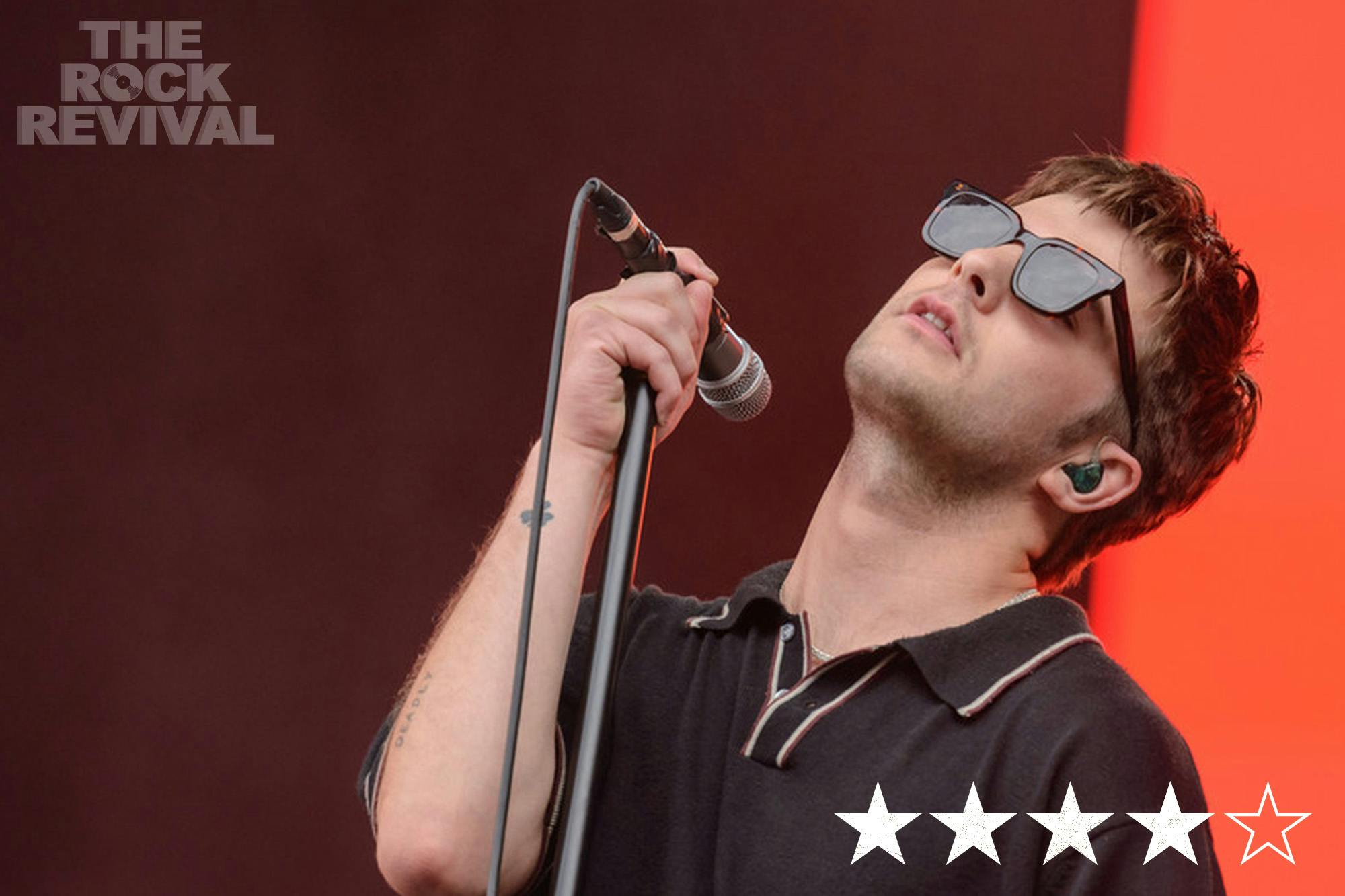

Since the release of their debut Dogrel, Fontaines D.C have gone on to become one of the most celebrated bands of their era. It seems like the Irish rockers have been on cruise control since their conception; picking up awards after awards while gathering a passionate fanbase seems to be the dream for any aspiring band.
So when lead singer Grian Chatten announced out of the blue his very own solo debut, it was always likely to be met with a mix of excitement and confusion. It seems as though Chatten expected this response, as he gave his reasoning for the exploration: “I was walking along Stoney Beach at night and it came to me on the waves. I just stood there and looked at them and I heard the whole fucking thing. Every part of it, from the chord progressions to the string arrangements.”
That sense of vision initially sensed successfully translates itself onto the final project. This isn’t a solo project stripped to its bones but rather a creative mind fully realised away from the rest of his band. The fact that Chatten was able to create an LP so dense and layered without his post-punk pals is only a testament to his talent.
Helped by producer Dan Carey, Chatten said that this was an album not to be interfered with by anyone else: “I want to do this myself. I know where we as a band are going next and that’s not where I want to go with this. I’ve got a couple of exaggerated aspects of my soul that I wanted to express.”
There’s undoubtedly a release of emotion throughout the album in its lyrics, with one example being first single The Score despite its instrumental shortcomings. “See, I am that wave that breaks below/
I will give you thrills and take your pain”. These melancholic and ambiguous lyrics are something fans of Fontaines D.C have got used to over the years, gaining Chatten comparisons to hometown writers Joyce and Beckett. Despite those links now feeling fatigued, there is merit in their suggestions as shown by Chatten’s venture into independence; his lyrics are often exceptional.
Despite this, The Score never feels instrumentally confident in its own self. While the opener is atmospheric and brooding, you can’t help but feel that Chatten sounds isolated from his band’s guitars and drums. It kicks into life in the last minute, but it’s short lived and fails to rescue the flat first half.
Thankfully, follow-up Last Time Every Time Forever’s instrumentation automatically introduces more life into the project with strings that swoon and elevate Chatten onto his own stage. The Dublin man described the track as, “a weak knee’d 99th lap around a hellscape town of your own making,” and the lyrics match this sentiment of exhaustion and frustration, “And I can see them all/They laugh in spite, they have no right.” Chatten’s fiancé performs vocals on the track as well, sounding further back and intangible in the mix effectively giving a dreamy effect.
It’s the second single Fairlies when the album really shifts into gear, managing to encapture everything you would want from a Chatten solo song. Intricate storytelling and a Pogues inspired chorus blend well amongst an instrumentation of acoustic guitars that sound beaten black and blue in a fit of passion. It’s truly a song that could go toe to toe with Fontaines’ finest.
Album cuts East Coast Bed is grief-ridden and dreamy, meanwhile Salt Throwers off a Truck is a vintage Irish waltz with damning lyrics of loss, “He felt too deeply, too often, too long / And now he’ll feel nothing forever”. Closer Season For Pain possesses raw and sincere lyrics, “If you have nowhere to go / Get used to the rain”, neatly tying up the album and showcasing it for what it is; a meditation of self-reflection.
The final result of Chaos For The Fly is one of sheer intimacy right at the heart of the artist. It’s not a perfect album, but it is a sincere depiction of that lost coastal town Chatten felt a strong desire to show the world.
Written by Niall McGreevy
